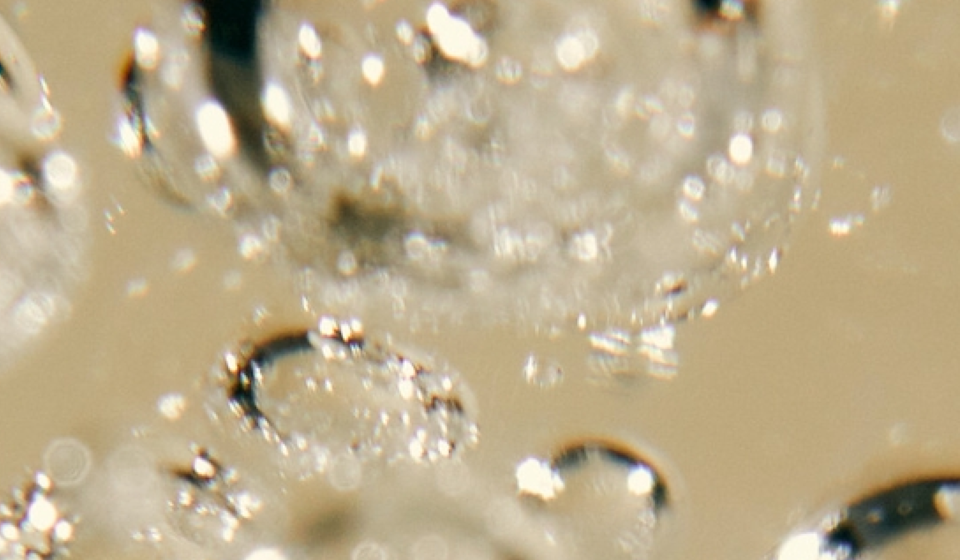Essential Takeaways
• The live bacteria in probiotic supplements do have an expiration date—but how long are probiotics good for after expiration?
• The shelf life of probiotics depends on the bacterial strain, encapsulation method, and storage of the supplement inside.
• Spoiler alert: Synbiotic+ has a shelf life of about 1 year.
Taking a probiotic to support gut health? That means you’re also taking positive steps to support your overall wellbeing with all those live beneficial bacteria. But knowing that the bacteria are alive, one might wonder: do probiotics expire?* The short answer is, yes, there is such a thing as probiotic expiration—as living things, probiotics do die—but when that is and what that means depends on the specific supplement at hand.
We consulted our team of experts and are here to explain exactly how probiotic expiration works, what to watch out for, and why Synbiotic+ does not require refrigeration.
How Long Do Probiotics Last?
The most accurate place to look for the probiotic expiration date is on the packaging of the supplement itself, which should also list the CFU count, or number of colony-forming units of live probiotic bacteria, contained within the supplement. Most probiotics have a shelf life of about a year, but some expire sooner or later depending on how they are encapsulated and whether they require refrigeration. Some probiotics, due to their design as well as what bacterial strains are used, are less stable than others.











